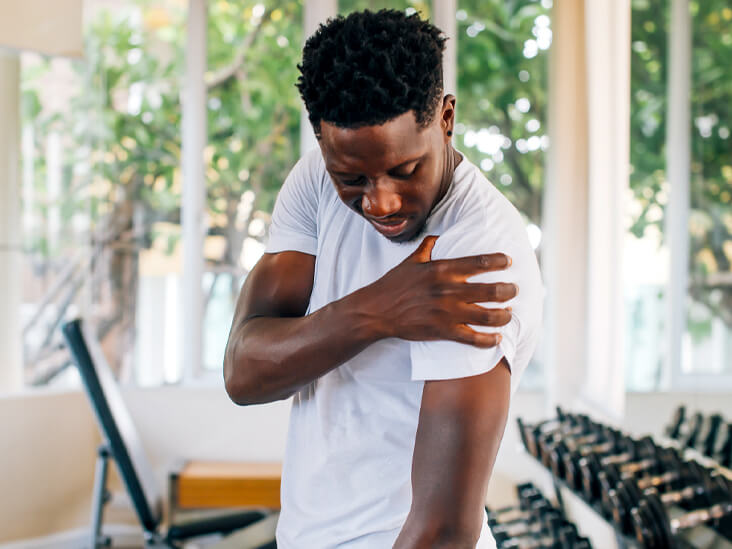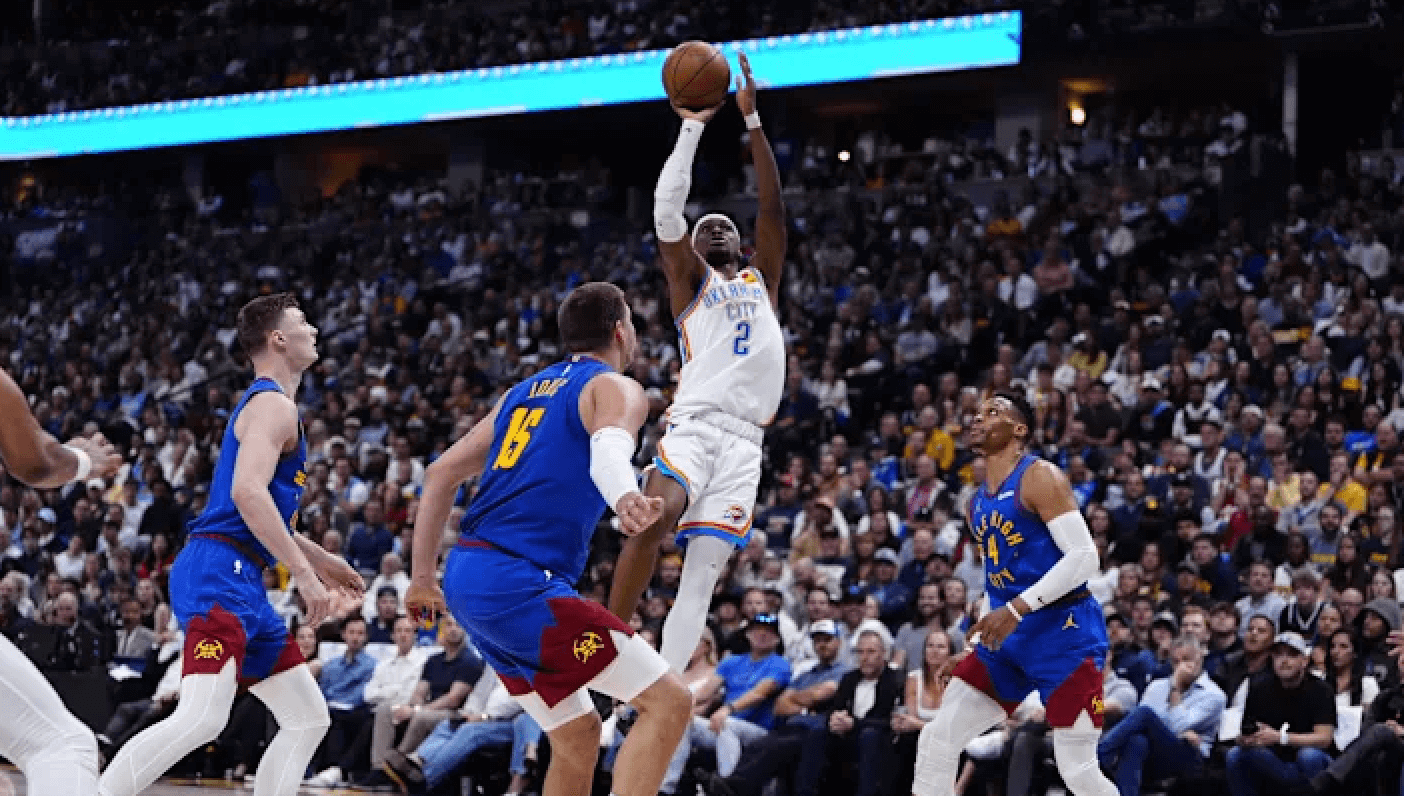Do you ever have pain or difficulty when reaching overhead to get something off of a high shelf? What about when reaching your arm behind your back to bathe or put on clothes? Can’t participate in throwing activities without pain? If you answered yes to any of these, it is likely that you are experiencing a rotator cuff related injury. Rotator cuff (RTC) injuries are fairly common, and typically are the result of overuse over a period of time, although they can occur due to traumatic injury as well. Shoulder injuries can be painful and debilitating, making everyday tasks like those listed above hard to complete. However, with an understanding of the rotator cuff’s actions and how to strengthen the associated muscles, you may be able to regain function and decrease pain. Read below to find out more!
What is the Rotator Cuff?
The rotator cuff is a group of 4 muscles that provide both mobility and stability to the shoulder joint.
Stability
The shoulder is a ball and socket joint, with the “ball” being the head of the humerus and the “socket” being the glenoid of the scapula. The RTC surrounds the humeral head and secures it within the shallow socket. This protection helps to prevent dislocation at this junction, known as the glenohumeral joint.
Mobility
Each of the 4 muscles of the rotator cuff contribute to different movements of the shoulder:
- Subscapularis – Internal rotation
- Infraspinatus – External rotation
- Teres minor – External rotation
- Supraspinatus – Abduction (arm out to the side)
Impingement of the tendons of these muscles underneath parts of the shoulder blade, or actual tears of the muscles/tendons, can cause pain, weakness, and limited motion. Strengthening the RTC is important to maintain the shoulder joint in proper positioning and allow for full, pain-free motion of the arm.
How Can I Strengthen the RTC?
Try the exercises below with bodyweight, elastic bands, or dumbbells to directly target the RTC muscles!
Supraspinatus
Infraspinatus/Teres minor
Subscapularis
The majority of RTC injuries can be treated without the need for surgery. Physical therapy has been proven to be an effective conservative treatment option for RTC impingements and tears. A personalized plan of care can be developed by a trained physical therapist to help you improve your symptoms and achieve your goals. If rotator cuff related shoulder pain and mobility limitations are preventing you from being able to complete daily activities or participate in your favorite hobbies or sports, it may be time to see a physical therapist. Call Respire Physical Therapy at (703) 671-1871 or click here to schedule an evaluation and begin the road to recovery today!
Tags: movementfreedom, Frozen Shoulder, physical health, choosept, arlingtonva, alexandriava, Physical Therapy, fallschurchva, Respire Physical Therapy, ptworks, Rotator Cuff, annandaleva, Shoulder Pain, nagging shoulder pain, physical therapist



